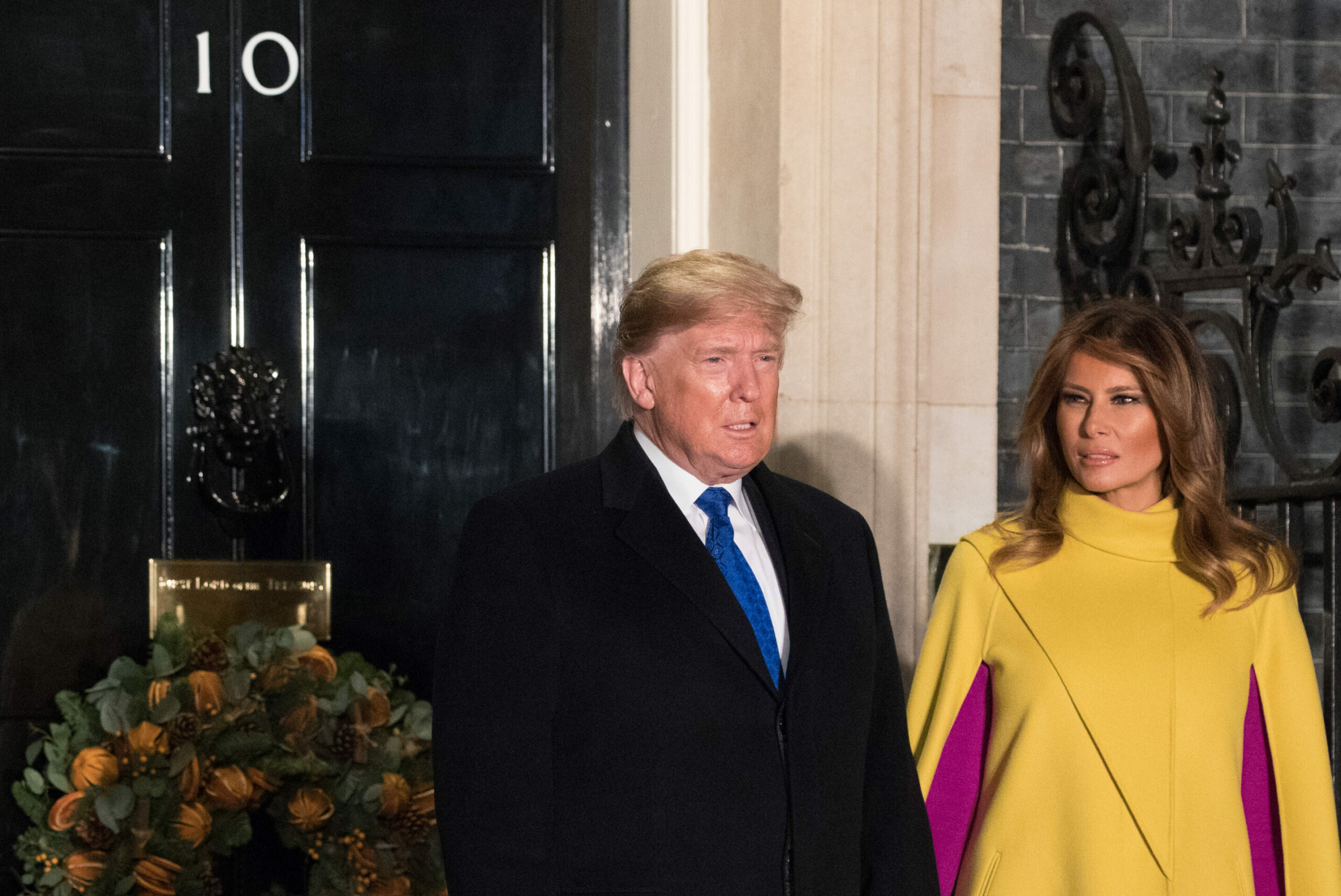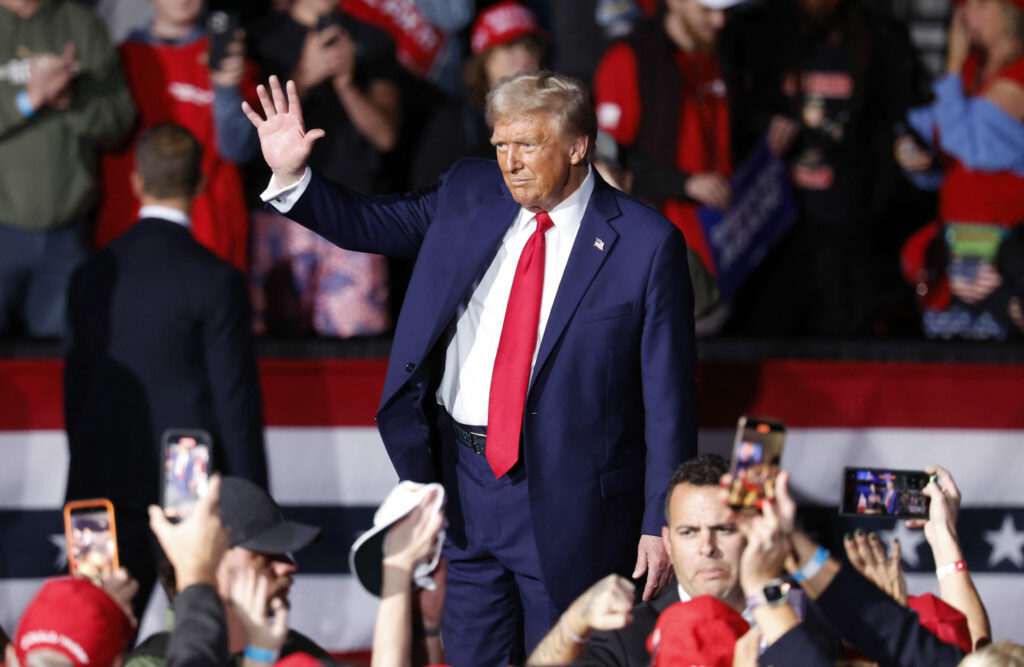Donald Trump has officially been elected to serve a second term as the 47th President of the United States.
Vice-President Kamala Harris and Republican candidate Donald Trump's high-stakes race for the White House has come to an end. Polls predicted the result would be close, however, Trump has crossed the threshold of 270 electoral college votes needed to secure victory, with 279 votes, ABC results show. Harris currently has 223 votes.
Trump, who was president from 2017 to 2021, will start his second term as president in January 2025. "I want to thank the American people for the extraordinary honour of being elected your 47th and your 45th president," he said in a speech to his supporters in the state of Florida. Here, he called his victory ahead of the results being in after calling Pennsylvania.
Trump also won the popular vote by around five million votes – a historic moment as no Republican has won the popular vote since George W. Bush in 2004. According to Trump, this is "a magnificent victory that allows us to make America great again." He also promised a "golden era" for his country, which he argued is in dire need of help. "We're going to fix our borders. We're going to fix everything about our country."

US President Donald Trump and First Lady of the US Melania Trump at 10 Downing Street in December 2019. Credit: Belga / Benoit Doppagne
At a Democrats Abroad post-election event in Brussels on Wednesday morning, there were many disappointed faces. "It's going to be a rough day," the group's spokesperson Robin de Wouters told The Brussels Times.
"I think this election was really about putting democracy on the ticket because Trump stands for many anti-democratic values. And that's going to be a hard pill to swallow. Republicans being in control of the White House, the House, Senate and Supreme Court is a potential danger to American democracy."
He added that there is a great deal of disillusionment about the electoral process in general in the United States, regardless of being a Republican or Democrat. "Many people feel disenfranchised, and that's something that both parties, that politicians need to address."
Top priorities
Linde Desmaele, an expert in US-Europe relations at Leiden University, told The Brussels Times that it is difficult to pinpoint exactly which policies Trump will push when he enters office in January next year, as his campaign is often more about slogans and rhetoric than concrete details.
"Still, there are some clear priorities, with his main focus being immigration, including tougher measures with more focus on border security and mass deportation of 'illegal aliens', as he calls them." Tax cuts and deregulation, including the elimination of environmental regulations, as well as cracking down on crime through more police deployment, will also be top of the agenda.
Finally, Trump will also vie for complete self-reliance and autonomy for the US. "Trump wants maximum control over US decisions, without restrictions by international organisations, alliances or international law."
This aspect has left Europe and its allies in NATO particularly concerned: in his previous term, Trump was critical of the military alliance, which he threatened to leave several times. Trump's return to the White House could see a reduction or withdrawal of US support for NATO, which would weaken its cohesion. It has also become synonymous with more intense US pressure on European defence spending targets.
NATO Secretary-General Mark Rutte congratulated Trump ahead of his official victory. He said he looked forward to working with Trump "to advance peace through strength through NATO." Rutte, reputed for knowing how to work with Trump, also praised the US President-elect while seeking to convince him of the value of the alliance.

